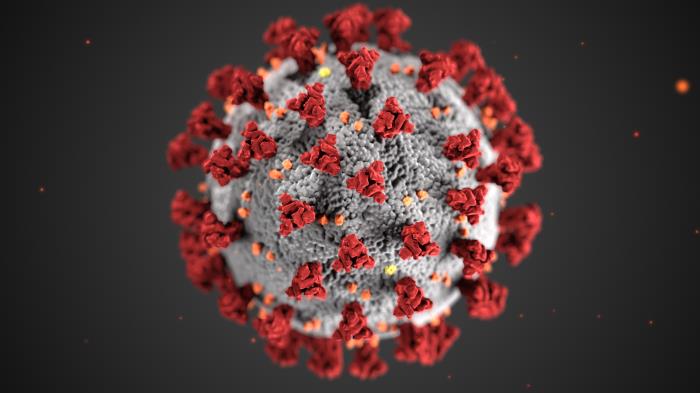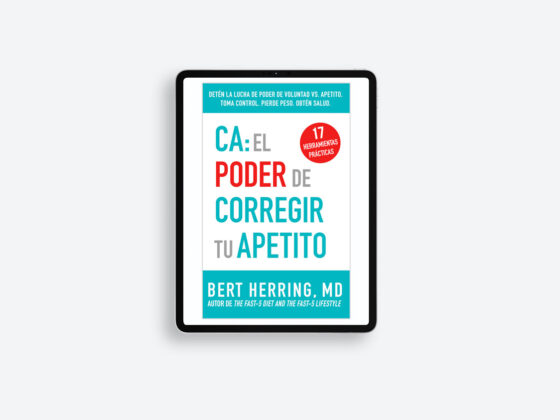Many people have gained weight during the pandemic. The combination of cold weather, short days, isolation, restricted activity, boredom, stress and disruption of healthy habits makes a potent recipe for weight gain. The pandemic is far from over, but we can find a healthier way forward by making a plan of simple steps and executing those steps day-by-day for a fresh start.
Activity
Restoring activity is key, and warmer weather makes that easier to accomplish. Consider the activities you used to do. Do you want to restore them or try something different? If you had no routine physical activities before the pandemic started, it’s a great time to break in new habits. The simpler the activity, the easier it is to maintain, and maintenance (consistency) is what works best for your body. Walking, hiking, jogging and yoga are good examples of activities that you can do on your own or with others with little or no equipment and cost.
Appetite Correction
If you’ve gained weight, that means your appetite has been out of tune with your body’s needs for a while. The most powerful tool for appetite correction is an intermittent fasting schedule like Fast-5 (19 hours of fasting with a 5-hour opportunity to eat). If you’re already on an IF schedule, have you let the schedule boundaries slip? Now’s the time to get back to a consistent schedule.
Staying at home during the pandemic has prompted a lot of home baking, which may mean more cookies and other tempting treats around. Food scientists engineer factory-made treats to drive consumption, so try to stick with unprocessed, low-salt, low-carb foods.
Stress Inventory and Management
The pandemic conditions bring many sources of stress:
- Illness
- Family relationships
- Isolation/Loneliness
- Financial hardships
- School challenges
- Working from home
It’s important to recognize stress and where it comes from, because you can’t manage it when it’s just an anxious cloud around you and your thoughts. The way the human body normally responds to stress is not a very convenient one. It knows only two main threats: predators and starvation. It interprets the stress you feel during the pandemic as meaning that food may become scarce. So, when it senses stress, its response is to store more fuel (fat). This response is so strong it can only rarely be overcome through intermittent fasting, willpower, or an increase in activity.
The best way to help your body lose stress-induced weight gain is to reduce the stressor. Take a stress inventory. What are your stressors? Which are the biggest? If you can, separate them into packets. For example, work is often stressful. But what about work is most stressful? Is it one task? One person? One event, such as Zoom meetings? Examine these packets to find what exactly is driving your stress. Once you have your stressors pieced apart, decide if there’s anything you can do to avoid or minimize them. Writing out a plan can help you take the steps necessary to address the stress.
Many stresses can’t be managed and have to be tolerated. For those, it’s best to work on the other side of the stress balance: venting it. The most common ways people vent stress include:
- activity (exercise)
- play (activities that are simply fun to do, where the outcome does not matter)
- art
- meditation
- expressing the stress through writing (journaling) or conversation
- sports (a combination of play and exercise)
One way not to address stress is by drinking more alcohol. A study found that 60 percent of adults responding in a survey reported increased alcohol consumption. Not only does alcohol add empty calories and add to the stress on your body, many drinks are sugary calorie bombs.
What’s Your Plan?
Thinking about managing your pandemic weight gain may help a little, but success requires execution of a concrete plan. “Lose 10 pounds” isn’t a plan—it’s a goal. Build a plan out of steps you know you can do. Give yourself a starting time and make it happen.
Best wishes for your success!



